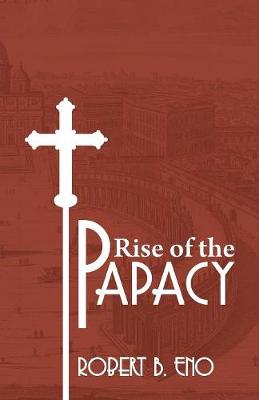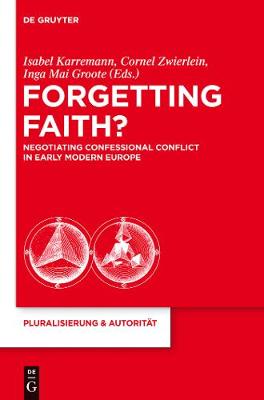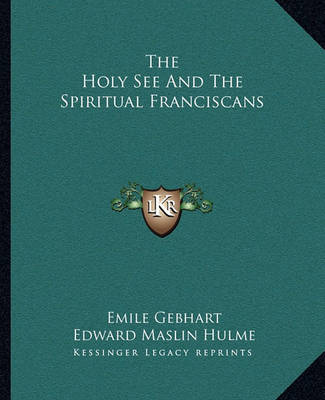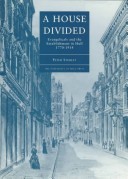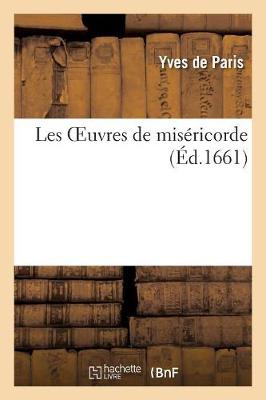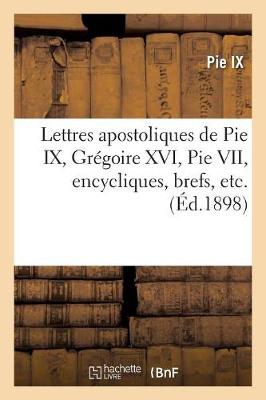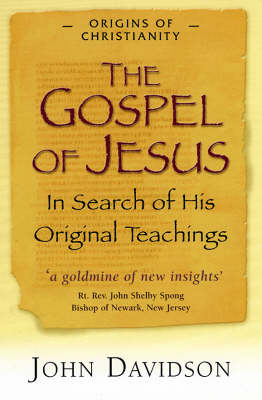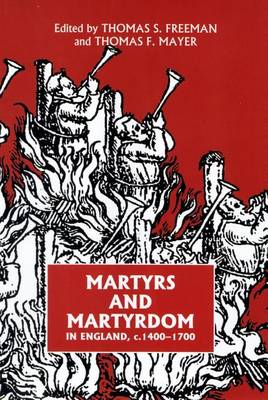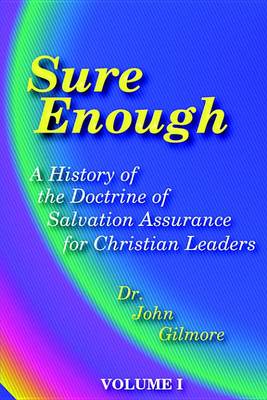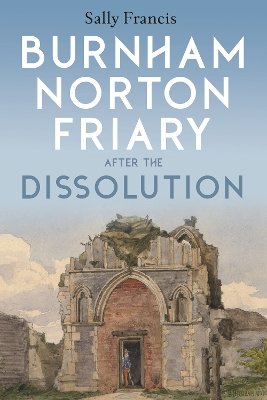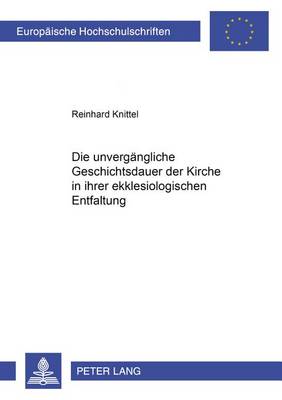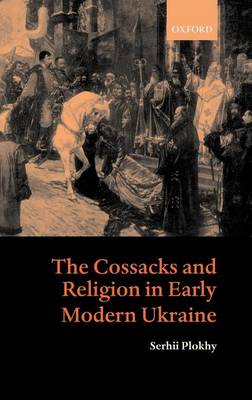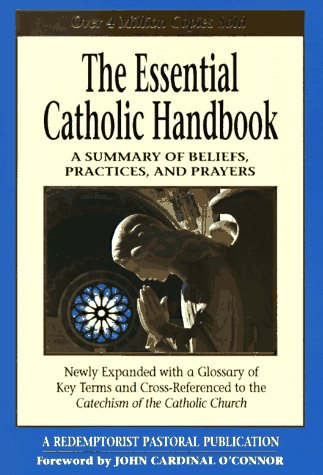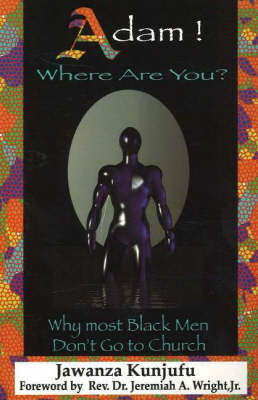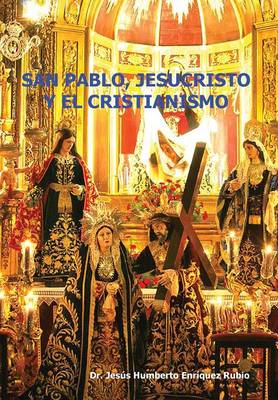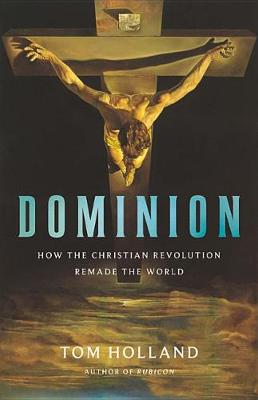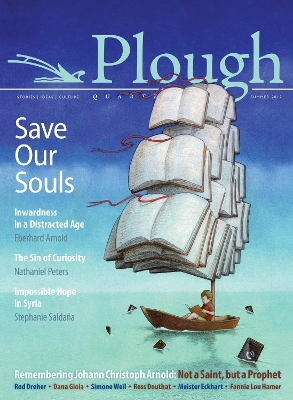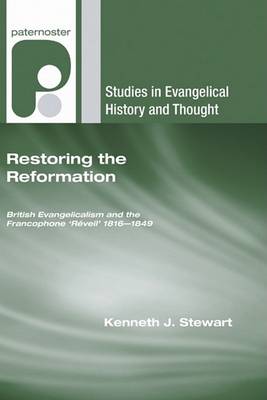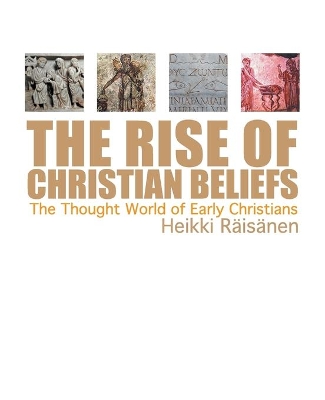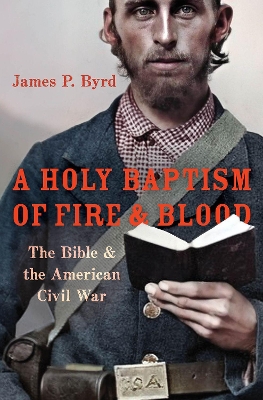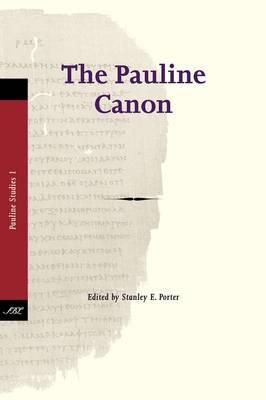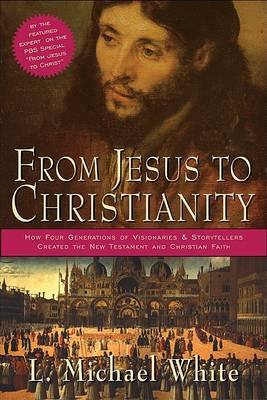Forgetting Faith? (Pluralisierung & Autoritat, #29)
For the last decade, early modern studies have significantly been reshaped by raising new and different questions on the uses of religion. This ‛religious turn’ has generated new discussion of the social processes at work in early modern Europe and their cultural effects ‑ from the struggle over religious rites and doctrines to the persecution of secret adherents to forbidden practices. The issue of religious pluralisation has been mostly debated in terms of dissent and escalation. But confessio...
The Holy See and the Spiritual Franciscans
by Emile Gebhart and Edward Maslin Hulme
Lettres Apostoliques de Pie IX, Gregoire XVI, Pie VII, Encycliques, Brefs, Etc. (Religion)
by Pie IX
Martyrs and Martyrologies (Studies in Church History, v.30)
What is martyrdom, what are the political and cultural implications of martyr cults, and to what propagandist uses might they be put? Such questions are probed, from the women martyrs of the early church,through the medieval period -the little known martyrs of Anglo-Saxon England and Kievan Russia, as well as Thomas Becket -tothe martyr-saints of the Reformation. Some modern material.
The Bible is held to be both universal and specific, the source of fundamental truths inscribed in words that are exact and sacred. For much of Jewish and almost all of Christian history, however, most believers have understood scripture not in the languages in which it was first written but rather in their own - in translation. This book examines how saints, scholars and interpreters from antiquity to the present have negotiated the difficult task of producing usable versions of the Bible in th...
Burnham Norton Friary, one of the first Carmelite houses founded in England (1242-7), was dissolved in 1538. Its remains comprise the restored gatehouse, west gable of the church rebuilt as a barn, Friary Cottage and an open space which was once the precinct. The post-Dissolution history of monastic sites has generally not been well studied. At Norton, nothing was known of its owners between 1561 and 1914, what relationships, if any, they had, or how they used the site. The fate of the Friary...
Die Unvergaengliche Geschichtsdauer Der Kirche in Ihrer Ekklesiologischen Entfaltung (Europaische Hochschulschriften / European University Studies / Publications Universitaires Europeenn, #670) (Europaeische Hochschulschriften / European University Studie, #670)
by Reinhard Knittel
Im wesentlichen unzerstoerbar und unveranderlich versteht sich die katholische Kirche in ihrer geschichtlichen Existenzweise. Diese kann also nie ganzlich und endgultig zu der sie unbedingt verpflichtenden Wesensvorgabe in der Offenbarung in Widerspruch treten, etwa durch aussere Zerstoerung oder durch inneren Abfall. Wahre Geschichtlichkeit der Kirche und bleibende Wesensidentitat verbinden sich im Begriff der indefektiblen Geschichtsdauer der Kirche. In einem breit angelegten, positiv-analytis...
The Cossacks and Religion in Early Modern Ukraine
by Professor Serhii Plokhy
San Pablo, Jesucristo y El Cristianismo
by Jesus Humberto Enriquez Rubio
Christianity is the most enduring and influential legacy of the ancient world, and its emergence the single most transformative development in Western history. Even the increasing number in the West today who have abandoned the faith of their forebears, and dismiss all religion as pointless superstition, remain recognisably its heirs. Seen close-up, the division between a sceptic and a believer may seem unbridgeable. Widen the focus, though, and Christianity's enduring impact upon the West can b...
Plough Quarterly No. 13 - Save Our Souls
by Eberhard Arnold, Stephanie Saldana, Ross Douthat, Dana Gioia, Simone Weil, Rod Dreher, Pawel Kuczynski, Meister Eckhart, Isaac Penington, and Gerard Manley Hopkins
In an age of distraction, this issue of Plough Quarterly looks at inwardness - how sustainable human community and social activism must be rooted in the spiritual life. How much of your day is spent in reality, and how much in a fake world? We've learned that screen time is bad for you, too much media consumption damages your heart, and Facebook can make you mentally ill. We're aware of the mind-altering power of advertising, the dehumanizing passions of our polarized politics, and the fact tha...
Restoring the Reformation (Studies in Evangelical History and Thought)
by Kenneth J Stewart
Hardly a day goes by when the explosive issues of asylum and immigration are not inthe news. Public opinion is frequently confused and ignorant and the issues are oftenpresented in an overly polemical and polarized way. With some of society's most vulnerablealienated and demonized how should we react How should we think throughthese issues in ways that are true to the faith and informed of the factsBringing together a credible and realistic Christian perspective Asylum and Immigrationexplores pr...
Heikki Risnen offers a historical survey of the "roots and first growth" of the thoughts, values, and practices of the early Christians and explains the evolution of Christian belief in terms of vital adaptations to specific challenges. An ideal textbook for university introductory courses on the New Testament and Early Christianity, The Rise of Christian Beliefs offers chapters discussing "paradigmatic events" -the life and death of Jesus and experiences of Easter, principal figures and groups,...
In his Second Inaugural Address, delivered as the nation was in the throes of the Civil War, Abraham Lincoln proclaimed that both sides "read the same Bible and pray to the same God, and each invokes His aid against the other." He wasn't speaking metaphorically: the Bible was frequently wielded as a weapon in support of both North and South. As James P. Byrd reveals in this insightful narrative, no book was more important to the Civil War than the Bible. From Massachusetts to Mississippi an...
The Pauline letters continue to provoke scholarly discussion. This volume includes papers that raise a variety of questions regarding the canon of the Pauline writings. Some of the essays are more narrowly focused in their intent, sometimes concentrating upon a single dimension related to the Pauline canon, and sometimes upon even a single letter. Others of the essays are more broadly conceived and deal with how one assesses or accounts for the process that resulted in the letters as a collectio...
